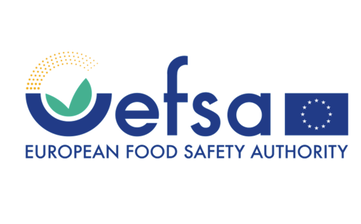
EFSA is in the process of revising the safety limits for certain vitamins and minerals. The authority has reviewed the existing risk assessment and is additionally taking into account the latest scientific evidence and developments. In doing so, it is important to set separate Tolerable Upper Intake Levels (ULs) for young children and the general population, considering the different sensitivities of the different consumer groups.
Lower Intake level for Selenium
As a result of the EFSA re-evaluation, the UL of selenium for adults, including pregnant and lactating women, was reduced from 300 µg/day to 255 µg/day. Based on available data, consumers are unlikely to exceed the UL via natural dietary intake unless they regularly consume food supplements containing high daily doses of selenium.
Safe limit for Vitamin B6 halved
In a draft scientific opinion, the responsible EFSA Panel lowers the UL for vitamin B6 in food supplements and fortified foods from previously 25 mg/day to 12 mg/day. The new limit represents a massive reduction in the daily amount of vitamin B6 compared to different international guidelines. Other scientific bodies, e.g. the US and the World Health Oragnisation (WHO) have set the UL at 100 mg/day, which is 8 times higher than the value proposed by EFSA.
The European authority is receiving a lot of criticism for its new assessment, as it used a very old study from 1987 as basis. It remains to be seen whether a change will be made after the public consultation.
More substances will follow
As requested by the European Commission, opinions for several other vitamins and minerals, such as vitamins A,D,E, folic acid, and iron will follow soon. Several manufacturers of food supplements in the EU will probably have to change their recipes after the reduction of the tolerable upper intake levels. If you are unsure if your product is still in line with the new requirements, please get in touch. Our experts will be happy to help you with the reformulation of your food supplement.
